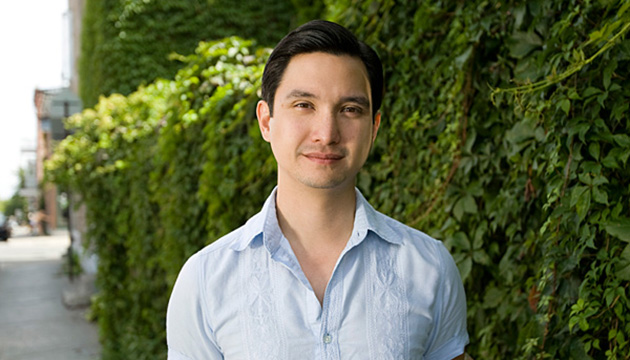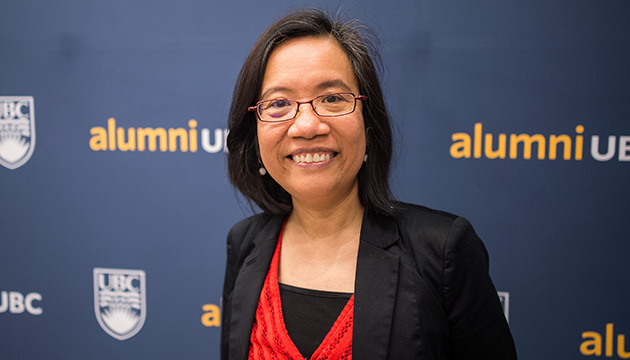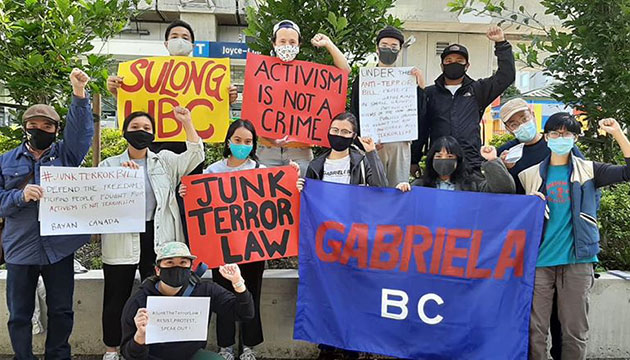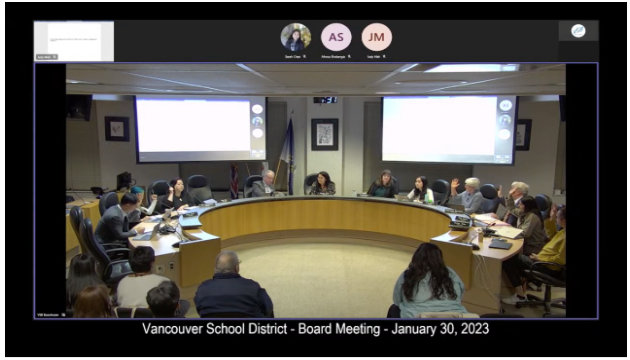[Note from The Editorial Board: Joseph Planta is the founding editor of TheCommentary.ca, a website that features audio interviews and commentaries. Since 2004, the Vancouver-born, -raised and -based conversationalist has interviewed hundreds of distinguished individuals in the arts, journalism, and politics. Planta spoke to Manila-born and -raised author Miguel Syjuco, whose debut novel Ilustrado was a New York Times Notable Book of 2010. The work also earned Syjuco the 2008 Man Asia Literary Prize, and a Palanca Award for novel in English. With Planta’s permission, the CanadianFilipino.Net is running the interview.]
Joseph Planta: You mentioned earlier, speaking to the Filipino Diaspora. Is the message then, that Filipinos have to go back home and work for the country’s good?
Miguel Syjuco: No. That’s not really the message. The term Ilustrado, as you know, refers in history to these groups of young men in the Philippines in the late 1800s, who left the Philippines, studied all they could abroad, usually in Europe, returned and were an integral part of our Philippine revolution where we ousted Spain in 1896. So, I play with that sort of theme, but at the same time, we don’t all have to go back home. We can represent our country very well but at the same time, I think what I’m trying to say is, it’s fine to be out there in the world. It’s fine to be learning and growing but let’s not forget where we’ve come from. Let’s not turn our back on our country. It’s one thing to remit money as we do billions and billions of dollars every year to families back home but it’s a totally different thing to maybe either come back or even vote, for example. In the recent election, there were nearly nine million Filipinos registered as living abroad. Of those nine million, only 500,000 were registered voters and even less, out of that number who voted as absentee overseas voters. The one thing that they could do – vote - was something that they didn’t do. And what the book is trying to put forward is this idea of not forgetting who you are even as you’re moving forward into being someone new.
JP: Can you explain why Filipinos like abbreviations a great deal?
MS: (laughs)
JP: You mention that in the book. There’s a… it had me laughing out loud. Crispin accepts an award and I think that the abbreviation for the prize is about, I don’t know, eight, 10 letters or so.
MS: Yes. That’s exactly... yeah. I mean, I like playing, poking fun at our little, weird idiosyncrasies. I think we like it because we’re enamoured of official things, titles, calling cards. And abbreviations… they sound a whole lot more official than saying the full name. I think it also ties in with our love of nicknames. As you know, we have very strange and funny nicknames sometimes. And sometimes the nicknames are even longer than the actual name itself. I think it’s just part and parcel with that, we like to call things easily but we also like to keep it official and kind of cute.
JP: And I always giggle whenever I hear things in the news talking about M-I-L-F.
MS: Yes. (laughs) That’s right.
JP: What do you say about race in the book?
MS: I think it’s a very complicated discussion, that goes way, way back. I mentioned in the book also, when Miguel, the character, is channel surfing. One of the channels he comes across is playing an ad for a deodorant, skin whitening product.
JP: Right.
MS: And these are huge in The Philippines. There really is this love for light skin. It goes way back in the Spanish era where the Spaniards and their offspring, the mestizos, who were all light skinned, were seen as of being the higher class, being educated and being more refined. That is absolutely ridiculous. But is a symptom of the culture, of this very class-conscious society. I poke fun at it and I presented it as honestly and as realistically as I can within the book. But what am I trying to say by doing that? I’m trying to say that it, you know, makes no sense.
JP: And talking about Binay [now former Philippine Vice-President Jejomar Binay] it’s… it hasn’t gone away, has it?
MS: No. It certainly hasn’t. There’s Binay for example, there are the artistas, the celebrities, for example. If you look at them, they’re all light-skinned. You don’t see a dark-skinned celebrity in the Philippines all too often. And I don’t know, it’s really funny because we Filipinos are all colours and we’re all the same and yet, this discussion of this man who, for all intents and purposes won the vice presidency, to be discussing his skin color in a nation of people with brown skin is (laughs) comical.
JP: Yeah. I want to move on to craft now. This book seems like it’s something you would have had to write on a computer. Did you?
MS: I did. I did.
JP: Yeah.
MS: In fact, I don’t know if I could have written it without a computer, without a cut and copy and paste function on my word processing program. Because you know, it’s written as a series of fragments, it follows all this very disparate linear narratives that are tied together by things in history. It was very hard to keep track of. Initially, my Microsoft Word document, no, I had 10 Microsoft Word documents going, and I teased out and develop all the different narrative threads and then wove them in, little by little, to create a coherent whole. That’s what I tried doing. At first, it kind of work but I have found it was a little bit haphazard. I have a hard time creating a book that had a proper shape over each chapter. There should be a narrative arc, over the entire novel, there should be a narrative arc. When I was trying just to copy and paste, it wasn’t shaping up as I thought it should.
JP: Do you use fountain pens a lot?
MS: Fountain pens? No. I have a fountain pen but I usually use a pencil and a notebook for notes and then I use the computer. I have to devise this system actually wherein to keep track of all the narrative threads. I came away from the computer and I started working with actual, literal bricolage. What I did was I summarize each of the fragments in one sentence, colour-coded them according to which narrative thread they belong to. Printed these out on card stock, these little strips of paper. Backed them with Velcro, cut them into little strips and then open up this 10-file folders pertaining to each chapter that I have in the book which I also backed with Velcro. Then, put them all out in the kitchen table and started to really paste down or Velcro down these different fragments according to chapter and according to the whole book, just so I could keep track of what was going on and get a broader overview of how the book progresses.
JP: I understand that you’ve written another novel. Did it involve similar work?
MS: Not yet. I’ve written the first draft of it and it’s not really a conventional narrative. It’s told in a series of interview transcripts, with this young woman who has slept her way to the top of Philippine society from a very humble background. From very humble beginnings, I should say. Having worked as a journalist for many years, I felt that it was interesting to see the raw stuff, the transcripts, the notes, that would eventually make a book or make a news story or a feature. This is how I’m presenting my second novel, the raw stuff. Because I want the reader to be more involved rather than just give them a finished product that they can sit back and be entertained by. I don’t really want to work that way.
JP: The book’s reception in Canada, in the United States, I understand you’re going to Europe shortly; the reception in the Philippines. Has it been different in all the places that you’ve been?
MS: Yes. I guess it has. Every market or every culture reacts to it differently, I think. In the Philippines, of course, I went home and I launched it there on April 10. I was worried about how Filipino readers would react to this very frank portrait or reflection. Literature is a mirror we hold up to society, right? And I was worried that Filipinos wouldn’t want to look at that mirror because they may not like what they see. But from what I’ve heard from most readers, I get the impression that they feel that I’ve articulated a lot of their frustrations; that I’ve given voice to a lot of these issues and worries and hopes that we all share. In the Philippines, the reception has been phenomenal. Here in Canada, it’s on its second week on the bestseller list which is just amazing. I can’t believe it. The critical reception has been phenomenal, better than I could ever have hoped for. The Canadians are also really into the book. In the United States, which is the only other market to have launched it so far, the critical reception had been fantastic. More than that, the Filipino-American community has really found a lot of merit in this book and has really gotten firmly behind it. Every culture seems to be receiving it differently. I’m thinking that one of the reasons why the North American markets are interested in this because the Philippines, in some circles, is considered the first Iraq or the first Afghanistan. It was the first product of North American or the United States foreign policy, of this new shift of going out and exporting democracy. I think this centuries-long connection between the Philippines and the United States makes the book a lot more appealing. I think what’s important about looking at Philippine history is that we’re able to see this culture where the Americans had exported their democracy, had imposed sympathetic—sympathetic to the US —leaders and dynasties basically, which is essentially what’s happening now in Afghanistan and Iraq. So, if we’re going to understand what might happen to Afghanistan and Iraq, we have to really look closely at what has happened in the Philippines, to this democracy that was exported and implanted and grew on its own.
JP: Miguel, it’s been such a great pleasure to talk today. Many congratulations on this book and continued good luck with it.
MS: Thanks very much, Joe. It was a pleasure to be on the show.
JP: Thanks very much. The website is www.syjuco.com, for more. The book is called Ilustrado. Its author, Miguel Syjuco, on the line from Montreal. In Vancouver, I’m Joseph Planta.
Related Articles:












